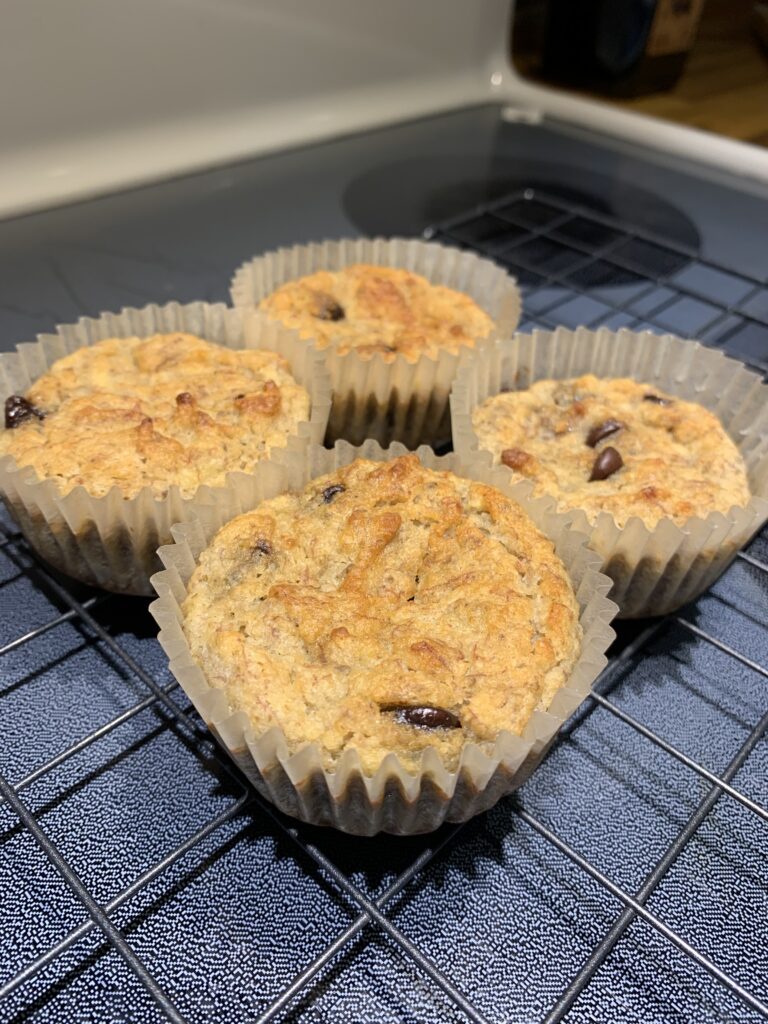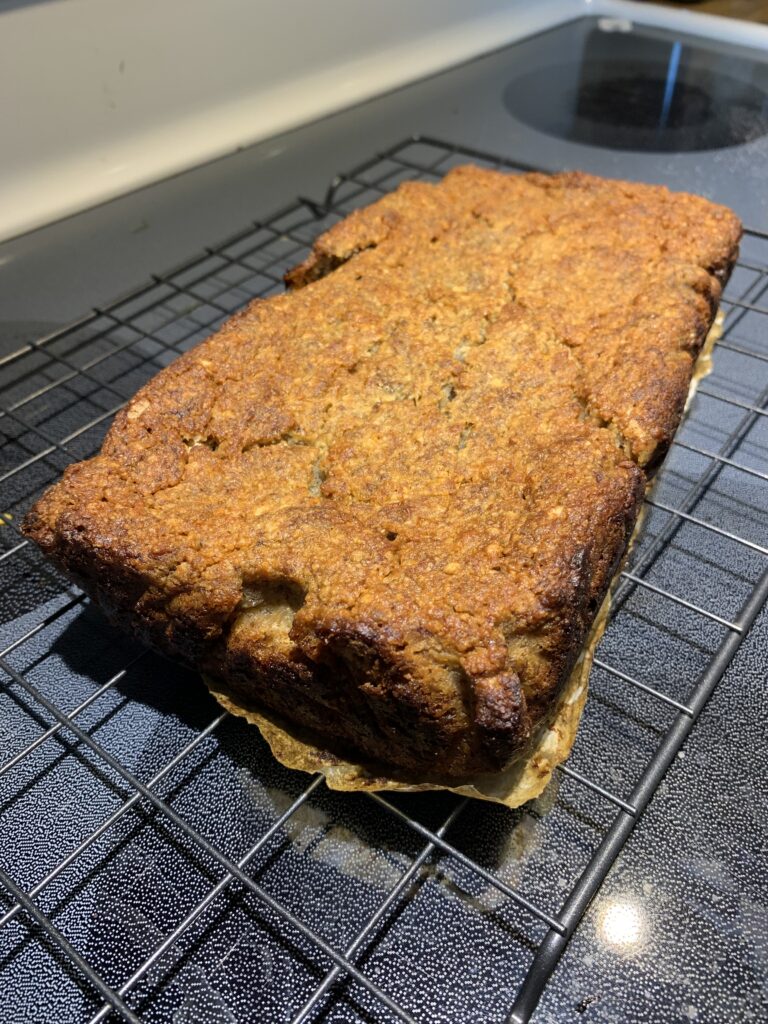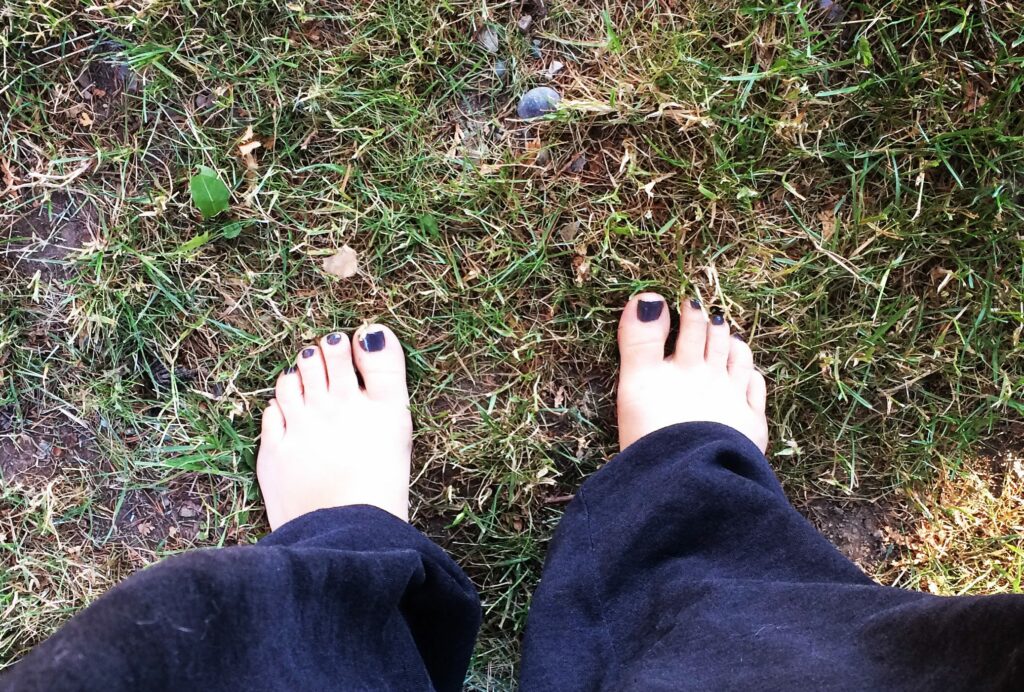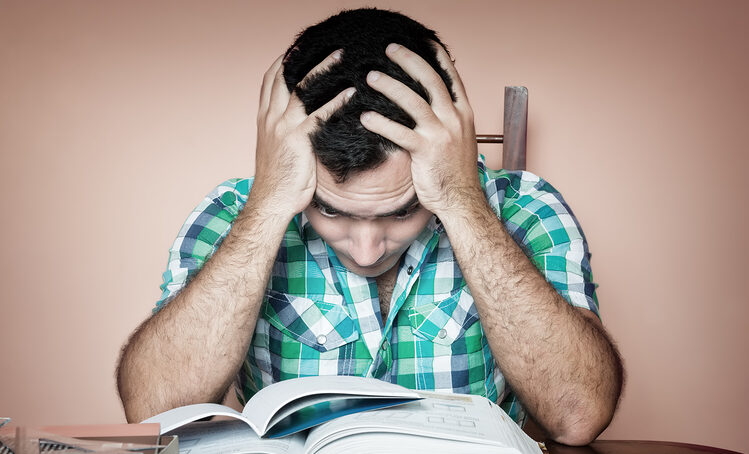Finding recipes safe for those with food sensitivities or allergies can be quite tricky. Though bananas can be a trigger food for some individuals, this recipe takes an old favourite and makes it relatively tolerable for most individuals. This recipe is void of your traditional flours, eggs, and dairy! Try it for yourself and see how it measures up.

Banana Muffin Recipe
Ingredients:
- 1 cup of Brown Rice /Almond Flour
- 1 cup Quinoa flour (gives a moist batter)
- 1/4 cup Sugar
- 4 tsp. baking powder/tapioca starch
- 1 tbsp. chia seeds ground
- 3 tbsp. water
- 2/3 cup Coconut Milk
- 4-5 ripe bananas
- 2 tbsp. Coconut oil melted
- Optional: 1 cup of chocolate chips
Directions:
- Preheat oven to 400 degrees
- Blend and mix together flour, sugar, and baking powder/ tapioca starch.
- In a separate bowl, take ground chia seeds and water and beat together until gel like consistency. Add in milk, mashed bananas, and melted coconut oil.
- Combine together your “wet” and “dry” ingredients (i.e. your coconut oil mixture and flour mixture). Stir until well combined. If you want to add chocolate chips, add them at this point.
- Line your muffin cups with muffin baking cups or grease your pan, and add approximately 1/4 cup of batter to each cup.
- Bake in preheated oven for 30 minutes or until cooked through.
- Yield: 12-16 muffins

Banana Bread Recipe
Ingredients:
- 1 cup of Brown Rice /Almond Flour
- ¾ cup Quinoa flour (gives a moist batter)
- 2 tsp. baking powder/tapioca starch
- ¼ tsp. baking soda/tapioca starch
- 1/3 cup coconut oil
- 2/3 cup sugar
- 2 tbsp. chia seeds ground
- 6 tbsp. water
- 4-5 ripe bananas
Directions:
- Preheat oven to 350 degrees
- Blend and mix together flour, baking powder/ tapioca starch, and baking soda/ tapioca starch.
- In a separate bowl, cream coconut oil and gradually beat in sugar.
- In another bowl, take ground chia seeds and water and beat together until gel like consistency. Add this mixture to your coconut oil and sugar mix combining well.
- Combine together your “wet” and “dry” ingredients (i.e. your coconut oil mixture and flour mixture).
- Finally add in 4-5 ripe, well mashed bananas to mixture.
- Pour your mixture into a 9” by 5” loaf ban that has been lined with parchment paper and let sit for 20 minutes.
- Bake in preheated oven for 60 minutes or until cooked through.
Have you benefited from reading this blog? Know someone that would benefit as well? Share, Like, Comment, or Tweet this article, and let me know what you think.
Some of the information provided above may not be appropriate for everyone, please consult with your doctor before trying any of the above. If you are interested in trying any of our services, working with any of our amazing practitioners, or are simply wanting a different approach to your health care needs, contact the Plattsville Natural Health Clinic by calling 226-232-7665 and book your appointment today!



